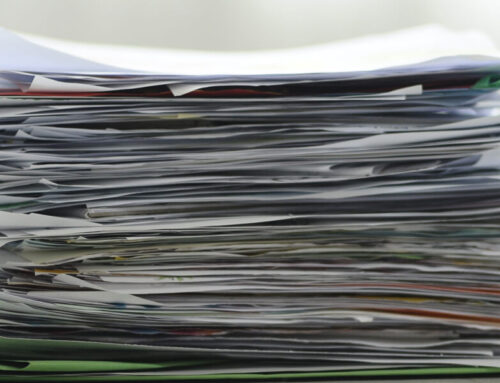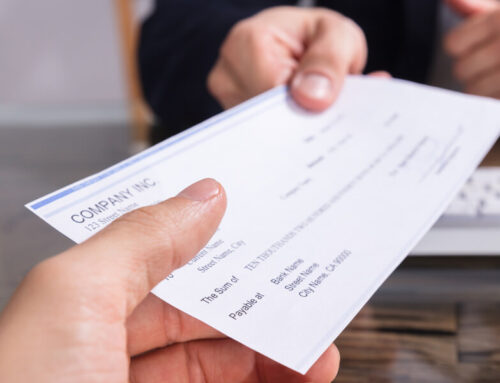It’s been more than two years since the COVID-19 virus was first detected by scientists. And during this time, we have learned quite a bit. The pandemic — something that some people now consider to be endemic — has affected nearly every sector, including the courts and criminal justice system.
The courts and justice system are both essential for society to function. Permanently shutting down or restricting services are not an option. As COVID-19 has spawned a new set of needs, courts have needed to quickly find new solutions.
A new set of needs
One of the most notable effects of the COVID-19 pandemic has been the widespread push for cash alternatives. Cash (and coins) has been recognized as a potential safety hazard, with the Southern Medical Journal finding that about 94 percent of all money contains at least one pathogen virus. Cash is a consistent spreader of germs, including COVID-19.
Paper checks present many safety and privacy concerns
Even paper checks, depending on how they are handled, can potentially spread germs.
In addition to concerns about health, paper checks issued by the courts present an array of other problems, including potential safety and privacy issues:
- Jurors leaving the courthouse with cash
- Unnecessary friction and delays in the bond payment process, whereby some parties involved can potentially get “nasty”
- Contentious child support cases — the custodial parent wants to protect their personal information, including the home address
- Restitution payments — the need to protect the safety and privacy of the party (or parties) who are due payment
- Constituents who prefer to provide as little personal info as possible
In response, both large and small courts have needed to look begin looking for better ways to issue payments.
A new set of solutions
According to an analysis from JPMorgan, the demand for contactless payment options has increased by more than 800 percent over the past two years. These sorts of payment methods include contactless card payments, digital payments, mobile payments, and other payment solutions.
The court system is one of many sectors that has begun to adopt new payment solutions. Implementing better disbursement processes can help lead to higher constituent satisfaction which, ultimately, improves the way that courts function. Additionally, by avoiding the use of cash and paper checks, courts can decrease the spread of COVID-19, along with many other aerosol and pathogen-born viruses.
CourtFunds: helping to promote constituent safety and privacy
Payment processing and disbursements might not seem like they go hand in hand with safety and privacy, but they do. Ultimately, making proactive change can improve the way your court serves its constituents.
From municipal and county, to state and federal courts, CourtFunds is the contactless way to disburse payments to everyone accurately and on time, no matter what part of the transaction they play a part in — jury payments, restitution, child support, bonds, witnesses, and more.





